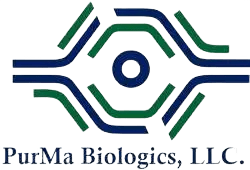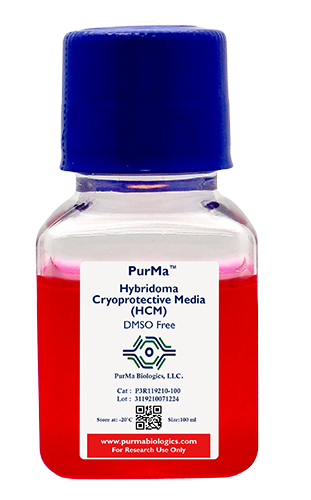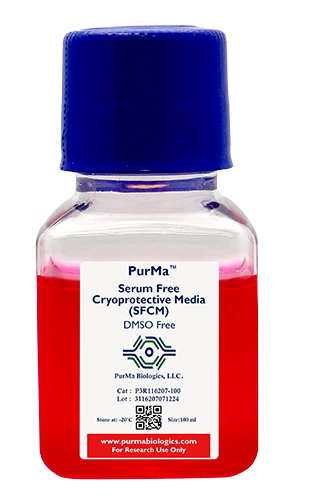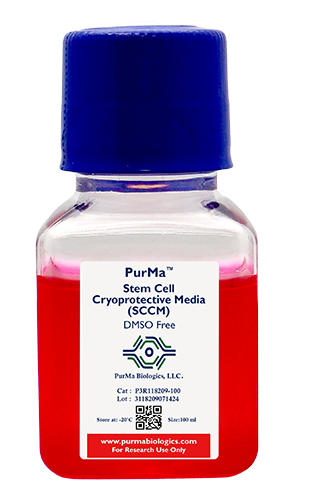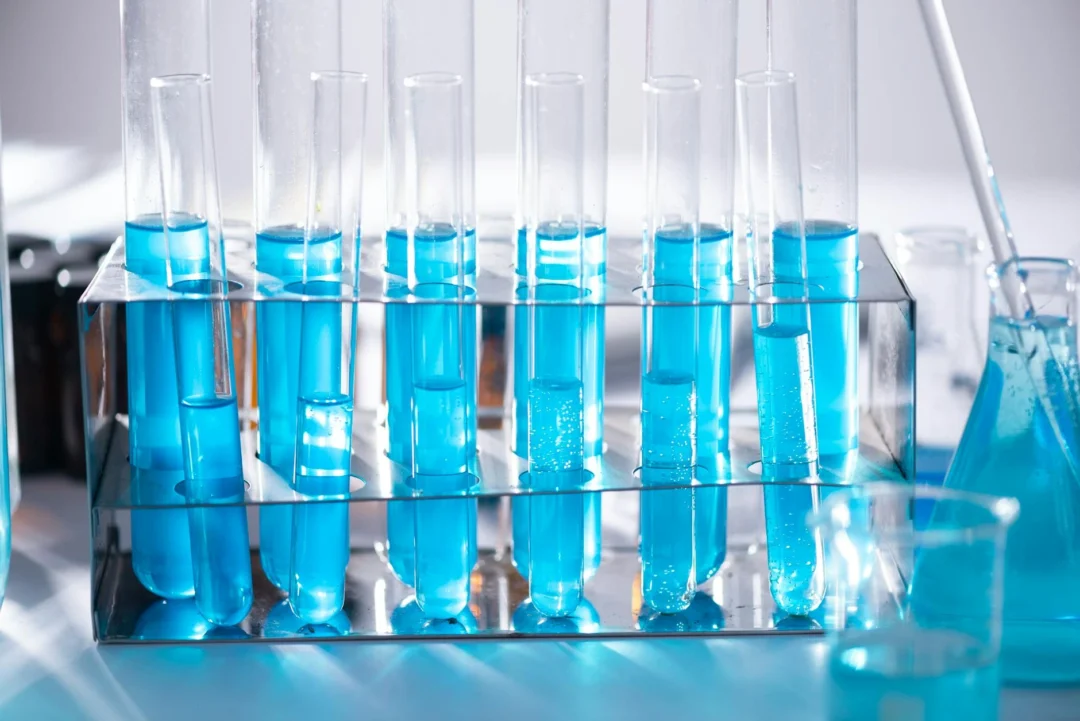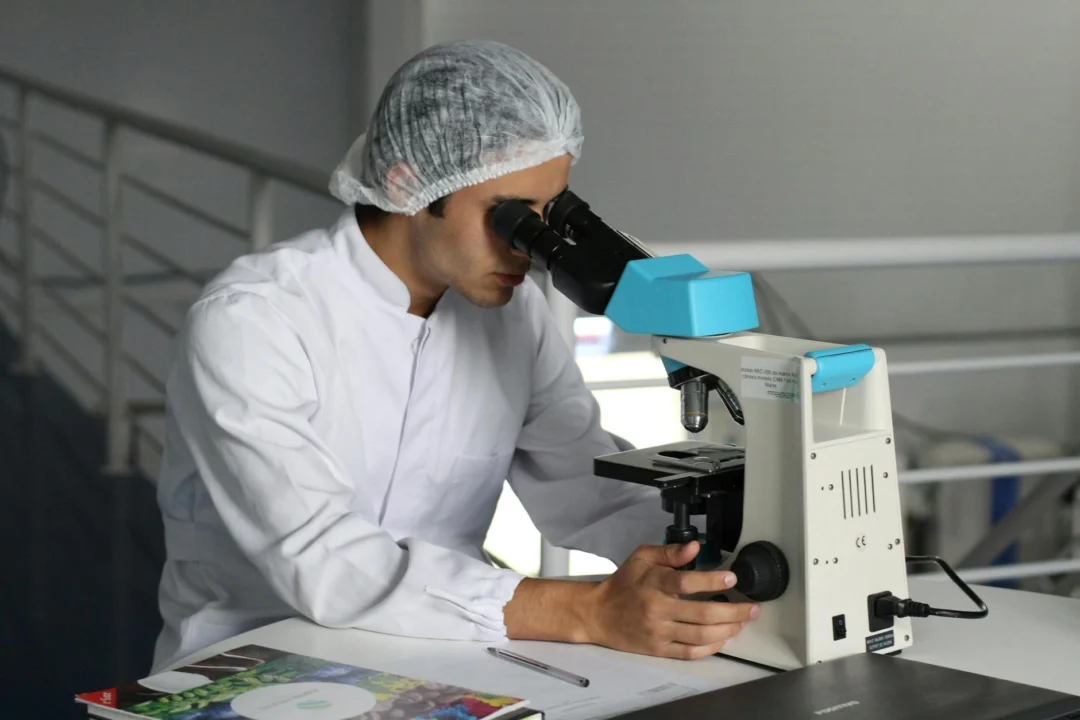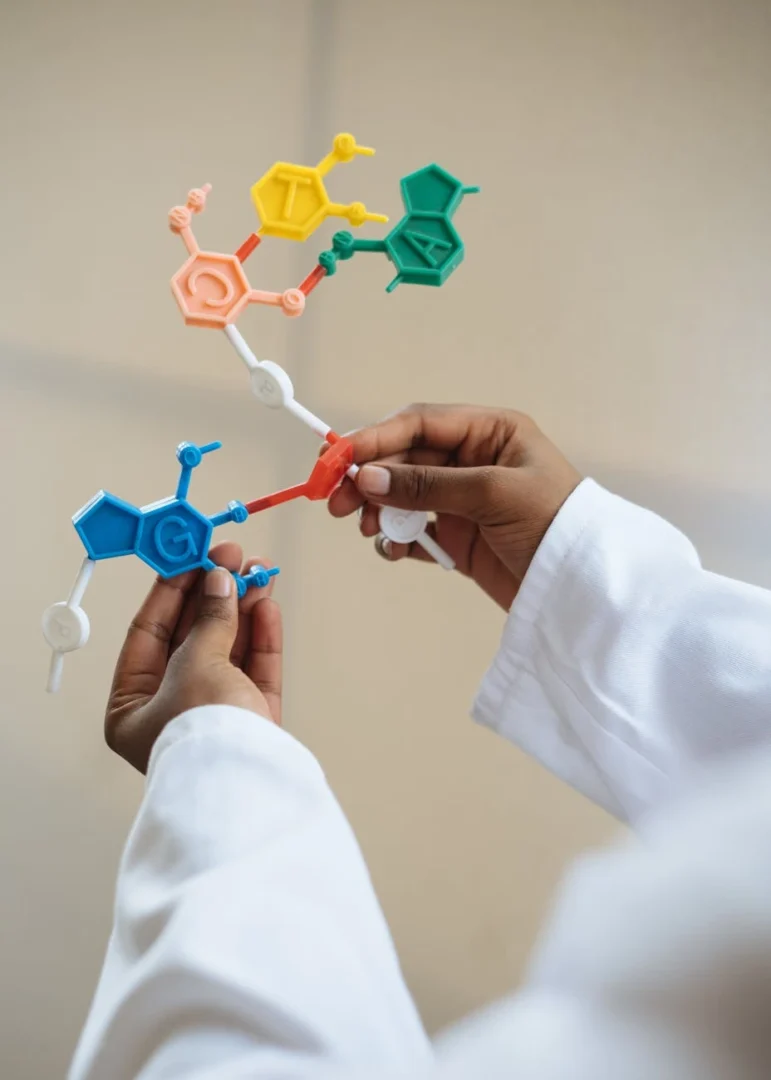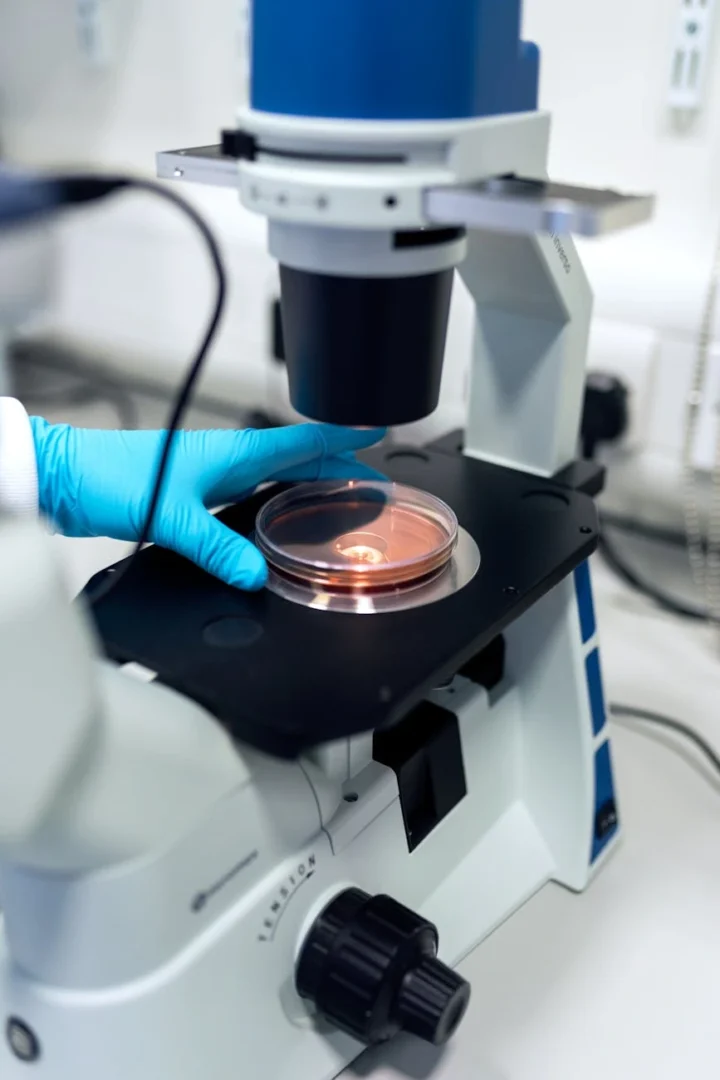PurMa Biologics Manufactures Cryoprotective Media without DMSO or other penetrating agent. To emphasize, DMSO-free cryoprotective needs to apply only for certain cell lines which are damaged or poorly performing in presence of DMSO or other penetrating agents.
limitations and disadvantages of DMSO
- Basically, it has a broad toxicity.
- Additionally, it modifies the expression of cells such an NK and T cells
- It alters the mRNA level of the de novo DNA methyltransferase DNMT3A. this therefore, accompanies by hyper- or hypo-methylation of many genetic loci.
- Moreover, it causes difficulties in scaling up DMSO-based cryoprotectants.
- Damages the mitochondria in certain cell culture models such as astrocytes.
- Negatively impacs cellular membrane/cytoskeleton structure integrity by interacting with proteins and dehydrating lipids.
- Besides, it Induces unwanted stem cell differentiation.
- Affects cellular epigenetic profile resulting in undesirable phenotypic disturbances. That is basically because of repeated sage of DMSO even at sub-toxic levels.
- Afterwards, it is necessary to remove DMSO by intensive washing. That in turns results in cell sensitivity to osmotic/mechanical stresses occurring. This is a costly- and time-consuming process during freezing and thawing process and moreover leads to a significant loss of cell number.
We produce cryoprotective media for :
- Serum Free condition, DMSO Free
- Stem Cells , DMSO Free
- Whole Tissue ; DMSO Free
- Hybridoma cells ; DMSO Free
